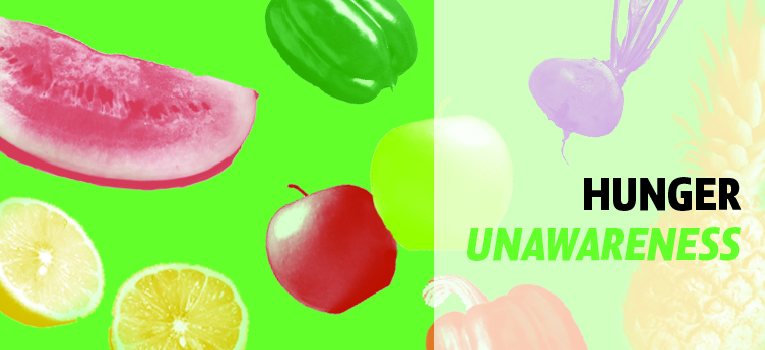By Rashida Powankumar
Not everyone can spot hunger. “It is an eye opener and a reality. I read a stat that revealed a shocking number of students are faced with food insecurity,” explained Veronica Barahona, CCSAI Event and Club Coordinator.
An article in Maclean’s Magazine discloses the increasing number of students impacted by lack of healthy meals.
According to this article, most students focus on paying for their books and tuition fees before prioritizing healthy eating. Barahona emphasizes the high number of students that encounter food insecurity while studying.
“Four in 10 students don’t have the access or the resources for healthy meals.”
Barahona was joined by a diverse group of students eager to consume the wealth of knowledge that they could take with them. Students’ learning does not always take place in the classroom. Some students would argue that experiential learning is as important.
A white Greyhound bus sits outside on the Progress campus on Feb.26, waiting for the eager learners. The bus ride to Humanity First was quiet, calm and lengthy. Upon their arrival, students walked collectively towards the isolated brown building. Some students looked confused as they entered the building but with the help of Barahona the students learned about the organization.
Humanity First is a non-profit organization that offers tools to help low-income people and those who lack quality food essentials. The organization also offers a slew of other resources, including transportation, winter clothing and free income tax services.
Many of the students in the room lacked the understanding of food insecurity and hunger. Barahona did her research and was pleased to provide the students with the definitions.
“Food insecurity is limited or uncertain availability of adequately nuritious and safe foods, or limited or uncertain ability to acquire acceptable foods in socially acceptable ways” she said. “Hunger is the uneasy or painful sensation caused by a lack of food and reoccurring and involuntary lack of access to food”.
Lovey Reid, CCSAI Events Liaison, expressed her thoughts on the statistic.
“I think that stat may even be higher. It is often difficult for a person to admit they struggle with putting food on the table three times a day, every single day,” she said. “It is heartbreaking that our peers can be struggling with something so important” Reid said.
She then went on to express some of the struggles that she faces occasionally as a student.
“As a student, it can be hard to live a healthy lifestyle. Eating simple things as breakfast or making a lunch is difficult. Some days, I am so busy running around from school to work that I grab a $2 Jr. Chicken. Who has time to cook full meals every day?”
Healthy Eating Resources
- Good Food Box: Filled with healthy produce and vegetables for students on the go at a great price. The Good Food Box is program of the non–profit organization Food Share Toronto that distributes healthy foods across the GTA. It is super easy to register for bi-weekly services. ccsai.ca/good-food-box
- Humanity First: a food bank that provides healthy food services. humanityfirstcanada.ca
- Through a Transforming The Future grant, the Centre For Students With Disabilities offers an emergency $50 gift card program for students with immediate financial need. This program can be accessed once a semester.
- For further education on healthy nutritional lifestyles, Centennial College offers free confidential counselling services.


Recent Comments